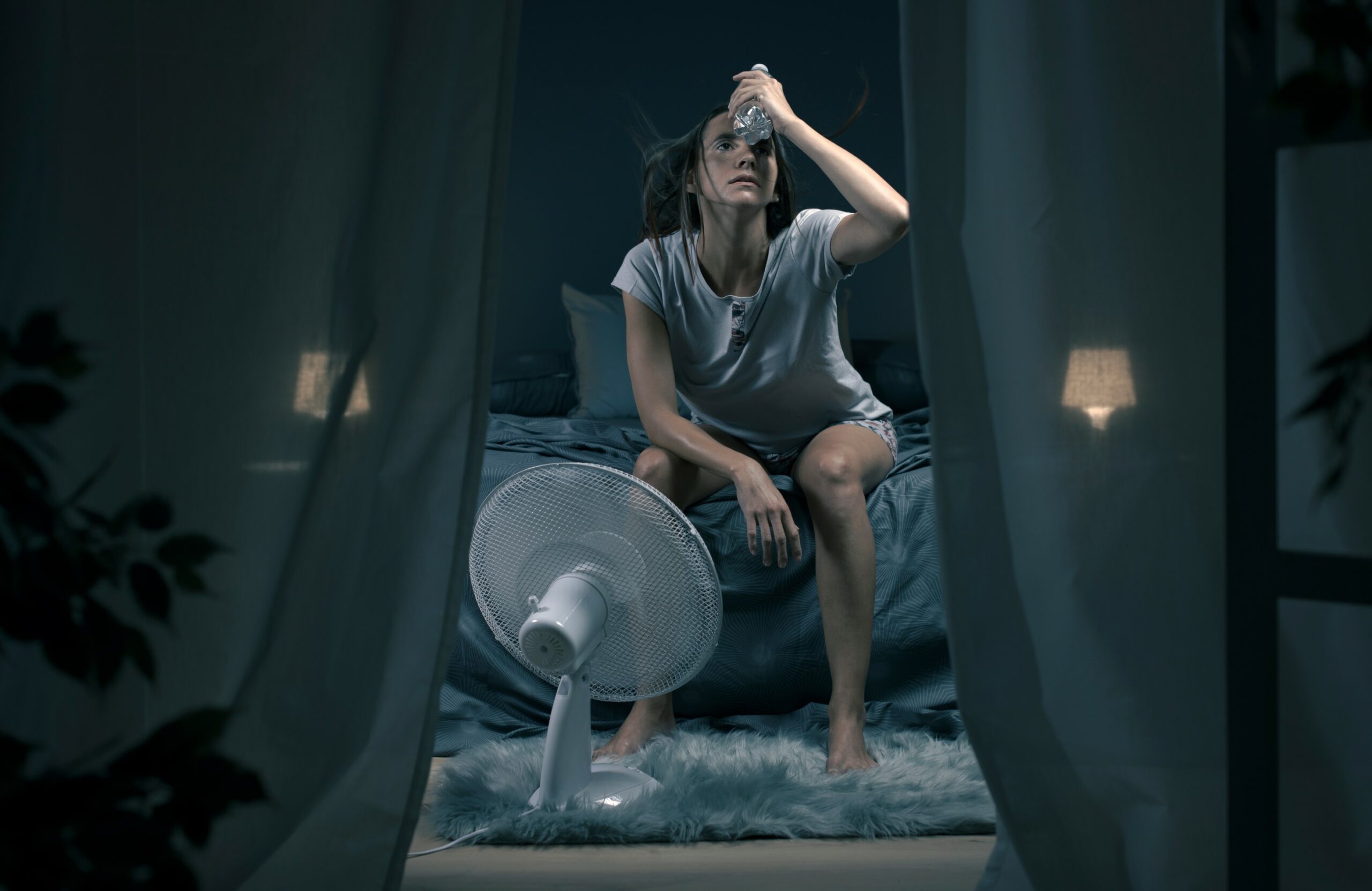
Heavy Rain, Flooding, and Chance of Severe Weather Staring Down the Southern U.S.
January 22, 2024
Posted: July 5, 2023 2:38 pm





You are not imagining it if it feels like summers are getting hotter and hotter. It seems like there are new daily records shattered every week as the mercury continues to climb. While the afternoon high temperatures certainly cause issues for vulnerable individuals, the higher than average heat in the overnight hours is also troubling. Here is why nighttime heat is so dangerous.
The last few summers have seen some of the warmest temperatures on record for many areas of the U.S., exerting excessive demand on the energy grid and putting lives at risk. Nighttime heat is one of the most worrisome elements of a heat wave, particularly for areas that do not have sufficient air conditioning.
Warm overnight temperatures are defined as those that never drop below 80 degrees during the coolest part of the night. The heat is especially dangerous because humidity levels tend to increase overnight, sending the real feel temperature even higher.
These levels rise because air is not able to retrain water molecules as efficiently as the temperature cools. This fact is why you may often wake up to dew on the surfaces early in the morning and why it feels more damp during the overnight hours.
Scientists are sounding the alarm bell, warning that increasingly warmer overnight temperatures are a result of the ongoing climate crisis. According to the 2018 National Climate Assessment, nights are heating up at a faster clip than daytime temperatures in most parts of the country.
Experts believe that the warmer days contribute to greater amounts of moisture in the air. This moisture then works to trap the heat closer to the ground, keeping it around well after the sun goes down.
The hotter overnight temperatures are more prevalent in bigger cities due to the urban heat island effect. This effect is the result of materials such as concrete and asphalt absorbing a greater amount of the sun’s energy. Scientists estimate that the temperature in urban areas can be up to 22 degrees higher than nearby rural areas because of this effect.
Once the sun goes down at night, the heat that was trapped during the day is released upwards. Conversely, areas that have more grass and trees work to create a higher amount of shade, resulting in cooler temperatures both during the day and at night.
Climate experts recommend that urban planners be more intentional about planting trees to combat this growing issue.

Heat-related deaths are on the rise in large part because of a lack of overnight cooling. Rather than getting a break from the heat at night, the warm temperatures are sticking around and making it harder for bodies to find this relief.
In addition, a recent study published in the journal One Earth detailed that people are finding it more difficult to sleep because of the warmer nighttime temperatures. The study also found that people do not seem to make up the sleep deficit over time.
Heat stress at night can lead to serious health consequences, including heat stroke. This problem is exponentially worse for vulnerable populations without air conditioning. The nighttime heat and the resulting lack of sleep also impacts the elderly population at greater rates.
Males also tend to lose more sleep than males. And not surprisingly undeveloped countries with little access to air conditioning report losing far more sleep due to nighttime heat when compared to citizens of higher income nations.
Heat waves that last for several days are clearly the most dangerous. While it may be easy to recover from one night of insufficient sleep because you cannot get cool, the piling on of the sleepless nights can cause serious health complications.
Without the cooler temperatures typically associated with nightfall, the body does not get the chance to recover from the heat of the day. The compounding effects of this lack of sleep is what is most worrisome to health professionals as well as scientists that warn about the lesser known impacts of climate change such as nighttime heating.
Did you find this content useful? Feel free to bookmark or to post to your timeline for reference later.

January 21, 2024

January 19, 2024

January 18, 2024